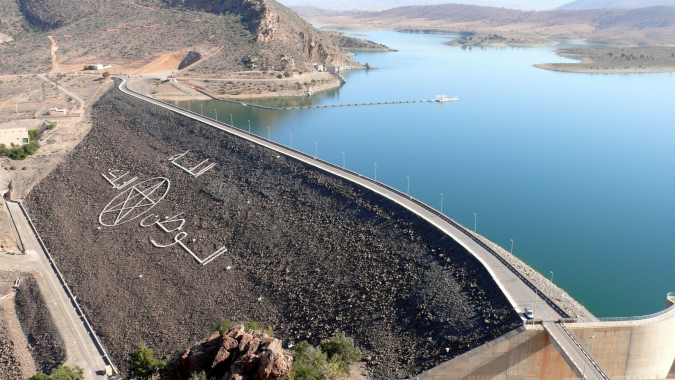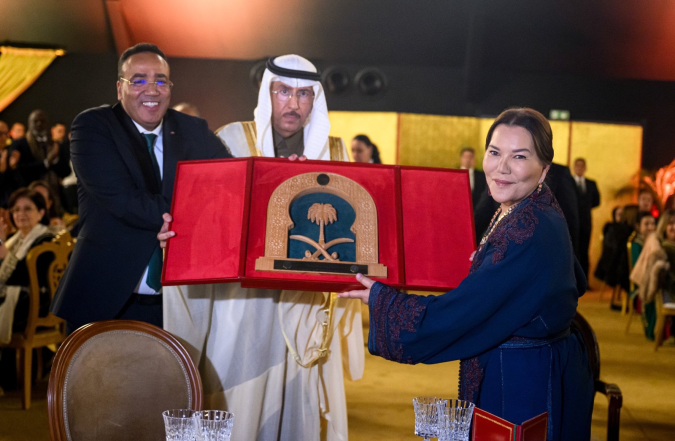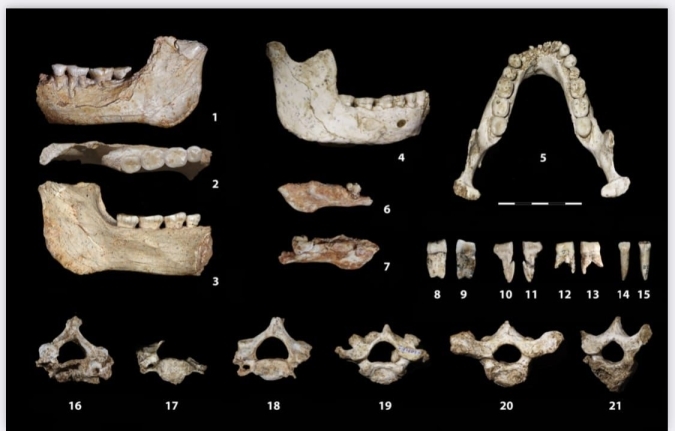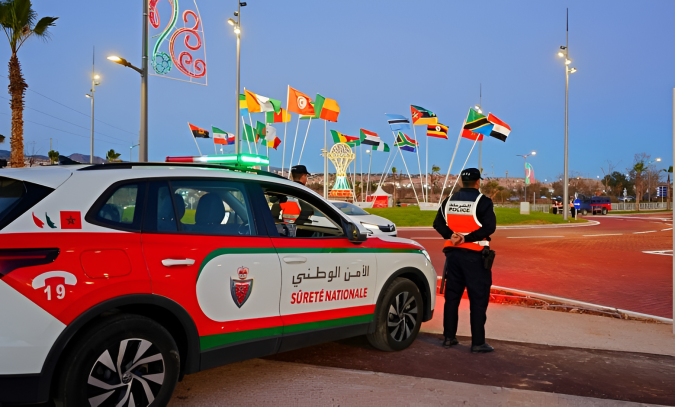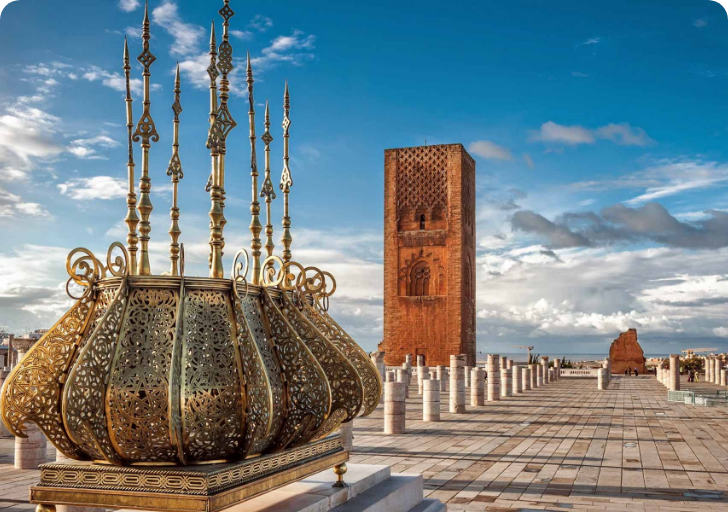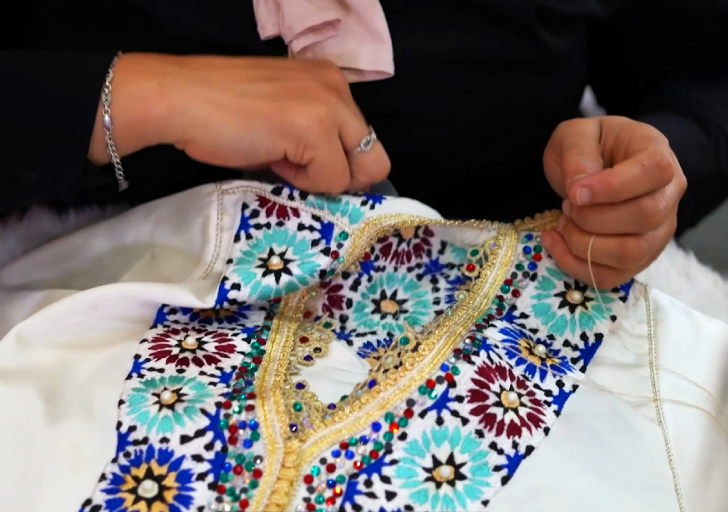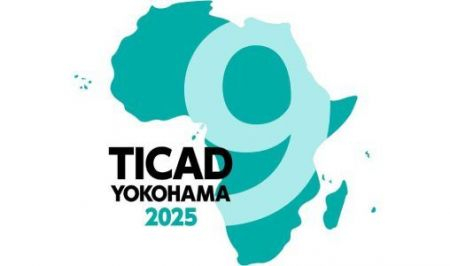
The Ninth Tokyo International Conference on African Development (TICAD 9), held in Yokohama on August 19-22, emerged as a test of truth that highlighted the failure of maneuvers by the “polisario” separatists.
What was meant to be an infiltration attempt turned into a diplomatic setback that laid bare the growing isolation of a puppet entity whose survival depends solely on the support of its Algerian sponsors.
As host of TICAD 9, Japan reserved its invitations strictly for African states recognized by the UN, relegating the separatists to the unenviable status of unwelcome gatecrashers.
From the outset, Tokyo made its position clear: TICAD is a forum reserved for sovereign states, not fictitious entities. In this light, no invitation, official or unofficial, was extended to the so-called “sadr.”
The supposed travel documents of the ghostly entity were summarily rejected by Japanese authorities. Likewise, the usual attempt to circumvent this rule with Algerian passports was met with a categorical refusal.
The separatists nevertheless hoped to preserve appearances once on site, but reality quickly caught up with them: no official reception awaited them upon arrival, no institutional support was provided, not even a personalized accreditation. Only a generic mention, “African Union,” was assigned to them, extinguishing any claim of recognition as a distinct entity.
Ultimately, their presence on Japanese soil was made possible only through a loophole involving the African Union Commission.
Japan, moreover, took care to reaffirm three times in two days its unwavering position of non-recognition of the chimerical entity, dispelling any misunderstanding about its diplomatic line.
On Tuesday, during the preparatory meeting of senior officials ahead of TICAD 9, Japanese diplomacy expressed its reservations over the separatist entity’s presence.
Tokyo stressed that it had issued no direct invitation to the latter, limiting invitations to “countries with which Japan maintains diplomatic relations,” while pointing out that “the African Union Commission took the initiative of inviting all its members.”
Japanese Minister of Foreign Affairs, Iwaya Takeshi, reiterated this stance before the assembly of African heads of state and government, also on Tuesday. He reaffirmed unambiguously his country’s long-standing doctrine: Japan does not recognize the so-called “sadr,” maintains no relations with it, and its presence at TICAD 9 cannot in any way be interpreted as any form of recognition.
At the opening of the TICAD 9 summit on Wednesday, Iwaya delivered a solemn statement on behalf of his government, in which he reiterated that “the presence of an entity not recognized by Japan as a state cannot affect Japan’s position regarding the status of this entity.”
Resonating as a stinging rebuke for the separatists and their Algerian sponsor, this triple reaffirmation by Tokyo falls in line with support repeatedly expressed for Morocco’s Autonomy Plan, described by Japan as a “realistic basis for a lasting solution.”
This stance is part of a broader international trend, in which major world powers, notably the U.S. and several European nations, recognize Moroccan sovereignty over its Sahara and view the Autonomy Plan as the only viable solution to this regional dispute.
The “polisario’s” intrusion under the cover of the African Union thus turned into a true ordeal, marked by successive diplomatic and protocol setbacks for both the “polisario” and its Algerian protector.
This setback reflects the exhaustion of an Algerian strategy that has for decades sought to exploit international forums for narrow political ends.
Algeria’s maneuver, aimed at creating the illusion of international recognition, ultimately backfired by highlighting the gap between the treatment accorded by Japanese authorities to sovereign states and that reserved for an entity devoid of legitimacy.
Moroccan diplomacy, for its part, achieved a remarkable feat by turning this attempted intrusion into a public demonstration of the separatists’ marginalization.
The Kingdom thus neutralized the impact of the so-called “sadr’s” participation, transforming what was meant to be a symbolic victory into a source of embarrassment for Algeria and its allies.
TICAD 9 showcased the maturity of Moroccan diplomacy, which prioritizes efficiency and tangible results over media grandstanding. It confirmed the growing international support for the autonomy solution under Moroccan sovereignty, now seen as the only pragmatic path to definitively resolve this artificial dispute that has long hindered the Maghreb’s development.
MAP: 22 August 2025
